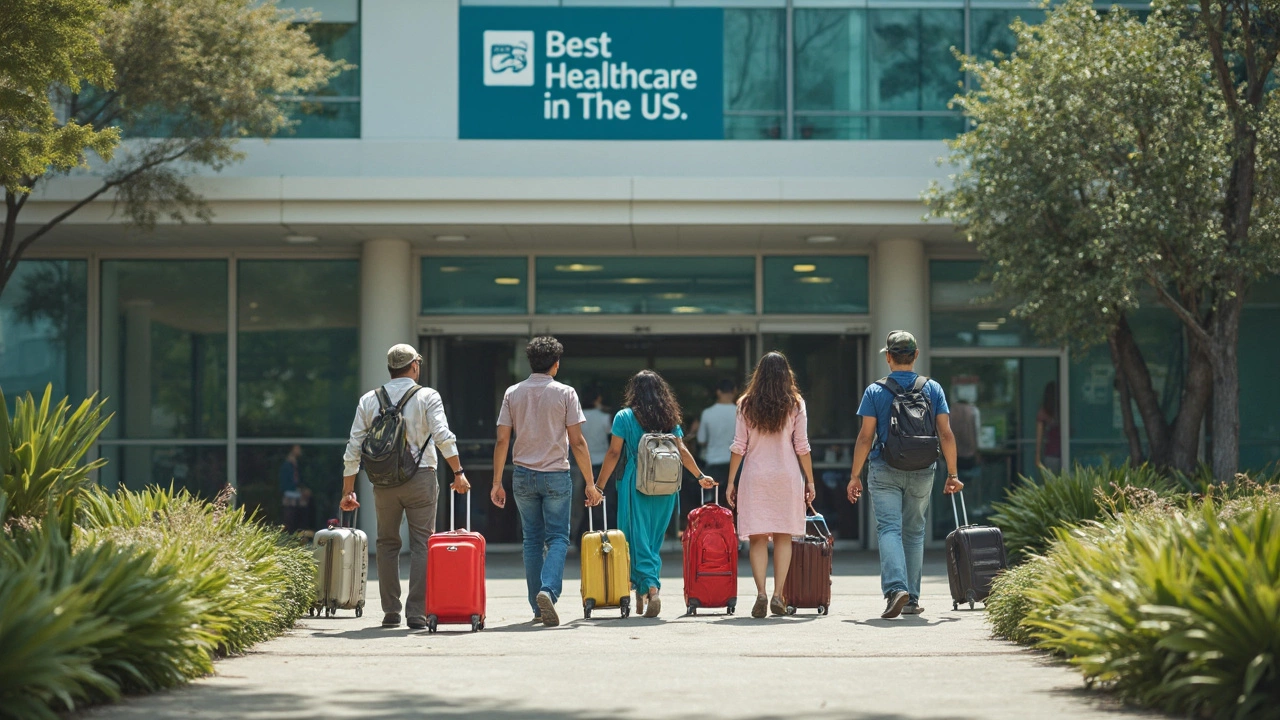Medical Travel Guide: Safe, Smart & Affordable Health Trips
More people are crossing borders for surgery, dental work, or specialist care. The price gap, faster appointments, and world‑class hospitals make it tempting. But a health trip isn’t a vacation – it needs planning, research, and the right safeguards. Below you’ll find the essential steps to keep your medical travel smooth and stress‑free.
Why People Choose Medical Travel
First, cost. A knee replacement in the UK can cost double what you’d pay in India or Thailand, even after insurance. Second, waiting lists. Some countries schedule elective procedures within weeks, while patients at home wait months. Third, expertise. Certain clinics specialize in niche surgeries – think spine microsurgery in Germany or fertility treatment in Spain. These factors combine to push millions toward health‑focused travel each year.
Tips for a Safe Medical Trip
Start with accreditation. Look for JCI, NABH, or ISO certifications – they show the hospital meets international safety standards. Next, verify the surgeon’s credentials. A quick search on the national medical board or a professional association can confirm qualifications. Don’t skip travel insurance that covers medical procedures and post‑op complications; a basic policy may leave gaps if you need a readmission abroad.
Choose a destination with language support. English‑speaking staff reduce miscommunication about medication dosages or follow‑up instructions. Also, check the legal environment. Some countries allow legal recourse for malpractice, while others have limited patient rights – know what you’re signing up for.
Plan your itinerary around the procedure. Allocate at least three extra days before and after surgery for pre‑op checks and recovery. Arrange a local companion if possible; they can help with transport, meals, and monitoring any early warning signs. Pack a clear medication list, including dosages and any allergies, in both English and the local language.
Budget beyond the surgical fee. Include travel, accommodation, meals, and potential extra tests. Many hospitals offer “medical travel packages” that bundle hotel stays and airport transfers, often at a lower total cost than booking everything yourself.
After the procedure, keep all discharge papers and contact details for the surgeon’s office. Schedule a tele‑consultation with your home doctor within a week to review progress. If you notice swelling, fever, or unexpected pain, don’t wait – contact the hospital’s emergency line right away.
Finally, think about follow‑up care at home. Some procedures require physiotherapy or regular labs. Research local providers who can continue the rehab plan, and ask the overseas clinic for a detailed post‑op protocol you can share with them.
Medical travel can deliver high‑quality care at a fraction of the price, but only if you treat it like any other medical decision: ask questions, verify credentials, and prepare for the recovery phase. With the right research and precautions, you’ll walk away healthier and confident in the choices you made.





